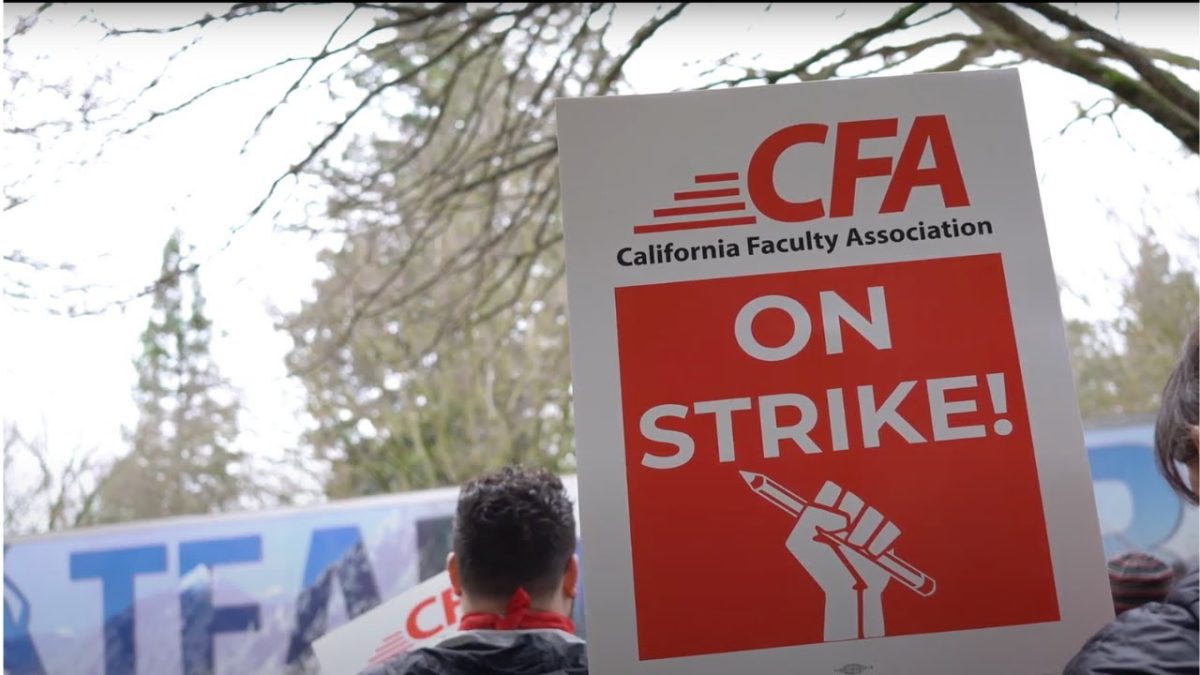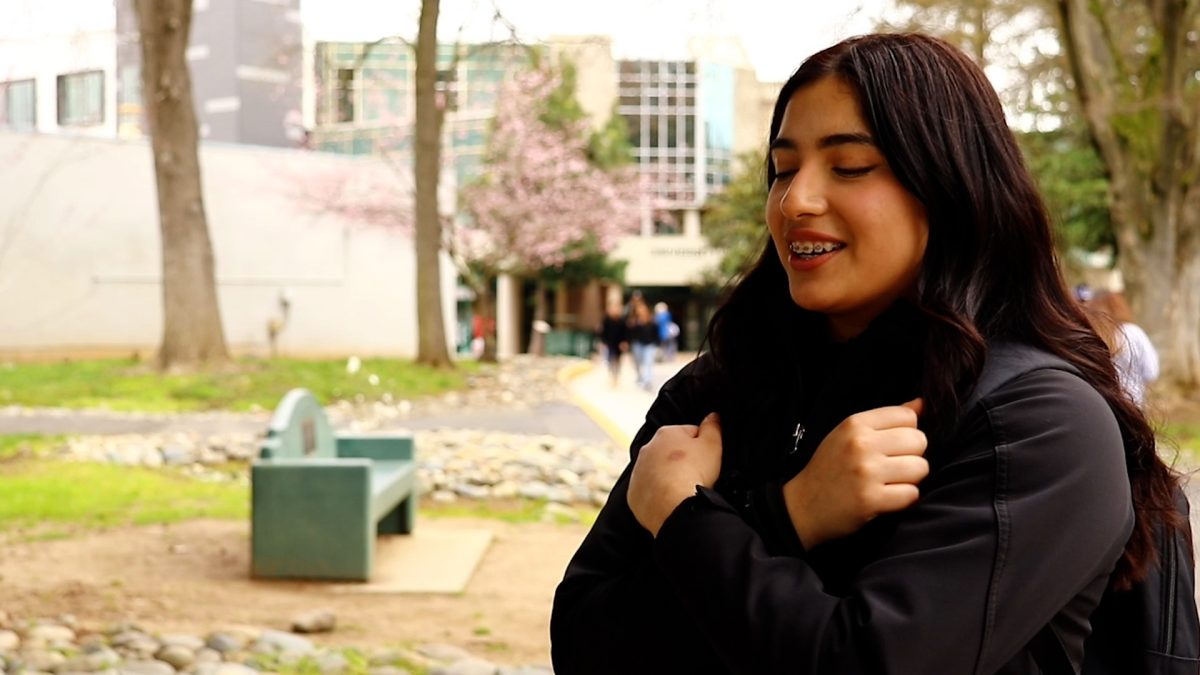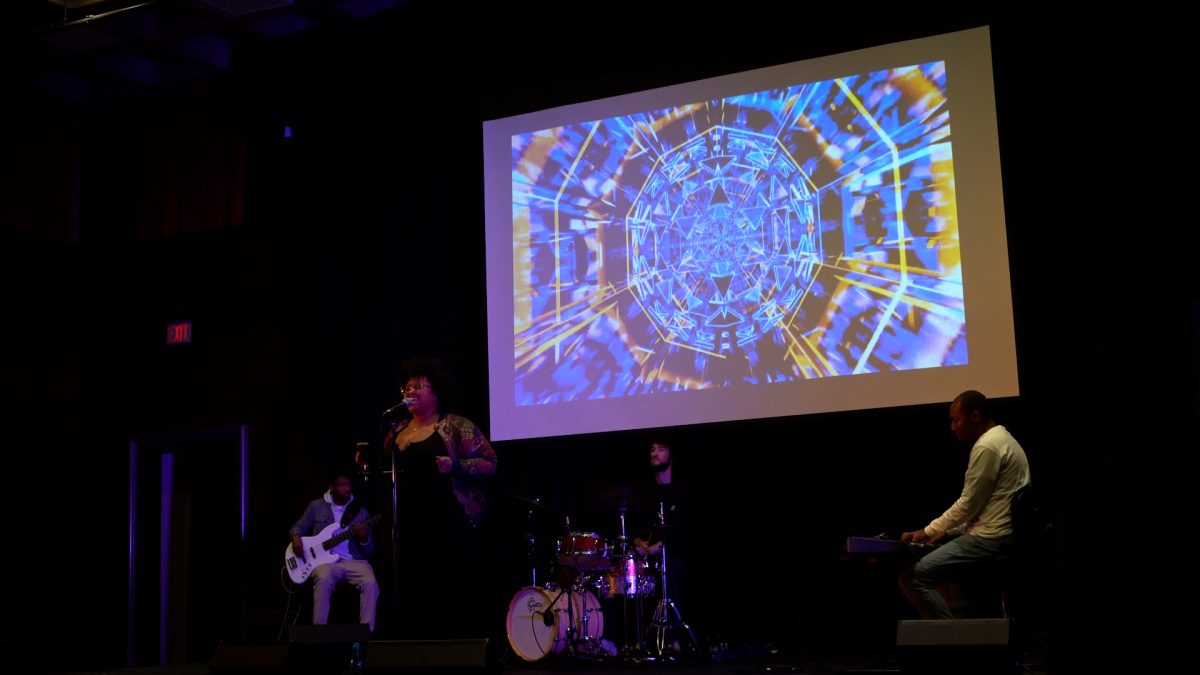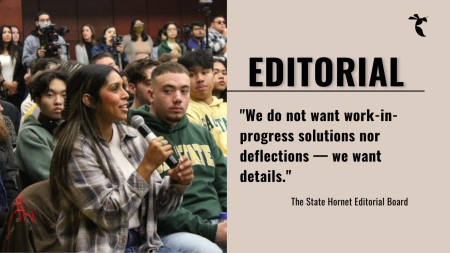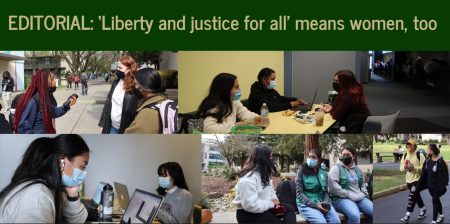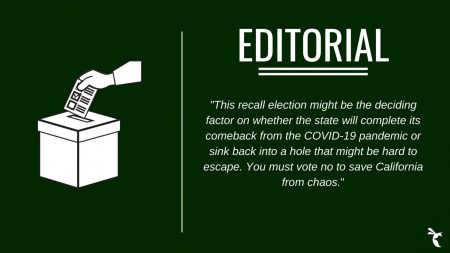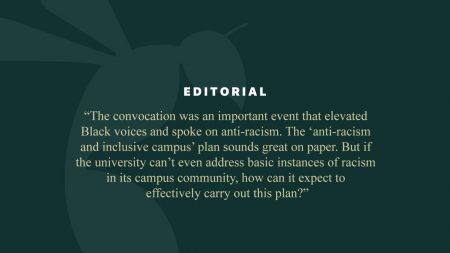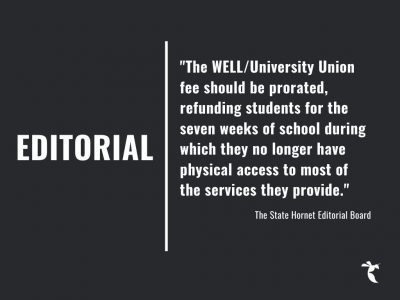ASI bribes students to increase voter turnout
May 1, 2013
When it comes to electing members of student government, at first glance, the process seems fairly straightforward – candidates apply to ASI and, once approved, campaign for students’ votes. However, there’s one element of the election process that is not so obvious, even though can be quite important: the Club Challenge.
As an incentive to get students to vote, the ballots have an option for voters to select a student organization of their choice to receive $2 in exchange for voting, regardless of who the student in question actually votes for, along with extra funding for the top three most-voted-for clubs. Assigning this kind of monetary value to a person’s vote is unethical and does not fix what it aims to fix.
Roberto Torres, a former president of ASI, said the Club Challenge was initiated at the same time as when students could vote online in 2006. He said any club can participate in the challenge as long as the organization turns in the proper application.
While the club money is not linked to how students vote, the challenge is still assigning a monetary value to a person’s vote, and therefore could be considered bribery. Ballentine’s Law Dictionary defines bribery as “the voluntary giving or receiving of anything of value in corrupt payment for an official act done or to be done.” Voting is one such example of an “official act.”
The Club Challenge was designed as an incentive to get students to participate, Torres said. The strategy worked. He said before the club challenge, only 6 percent of the student body would participate in the ASI elections. However, once the challenge was implemented, voter participation jumped to 14 percent of the student body.
Torres said the Club Challenge “did was it was meant to do. I see it as an investment to get students involved.”
Something of value is being offered to student in return for an official act, and that incentive is being accepted. Therefore, under Ballentine’s definition, ASI is bribing the Sacramento State students to vote.
The financial incentive is clearly affecting whether students vote, but it does not solve the issue of why voter turnout was so low in the first place: students do not care about ASI elections.
Voting takes energy – even if the voting is done entirely online – so, in order to get people to vote, they must be convinced it is worth their time and energy. The low voter turnout shows how little students seem to care about ASI elections, and that is what ASI needs to acknowledge.
Bribing students to vote by funding their clubs only treats a symptom and ignores the source of the problem. In fact, even a 14 percent voter turnout, while it is an improvement, it is nowhere close to the ideal number of voters. A better and more ethical solution would likely involve a host of changes at the institutional level in order to show students that ASI is worth their energy.
Students need to be shown what ASI does for them, what powers student government has and how, by voting, they can have a hand in determining some official policies of Sac State. Bribery is a lazy and unethical way to avoid tackling the underlying issue of low voter turnout.










